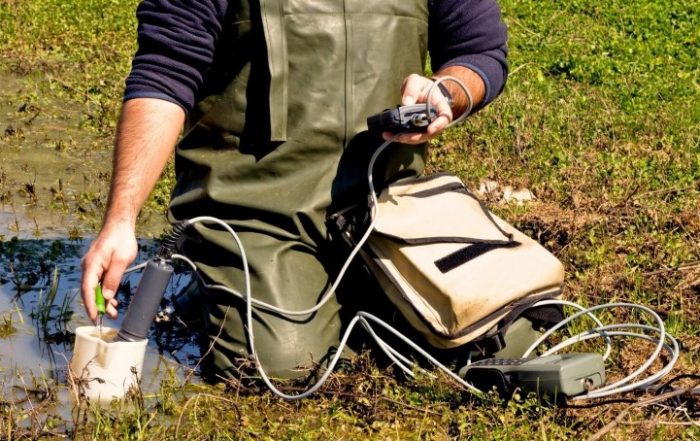The UK Government has declared its intention of achieving net-zero with regard to emissions by 2050. How can small and medium-sized enterprises (SMEs) play a part in that? And are there sustainable business opportunities for them along the way?
From 31 October, Glasgow will host the 26th UN Climate Change Conference (COP26), with the aim of accelerating action to tackle climate change.
In a post for the Cambridge Institute for Sustainability Leadership (CISL) published in October 2020, Beverley Cornaby, argued that COP26 represents a focus point for our collective action.
It’s a moment when the whole world will be thinking about the environment and when governments will be under pressure to commit to meaningful targets.
Cornaby also suggests that three things need to happen to engage SMEs in the net-zero target:
- Collaborative action through sector bodies
- Support for SMEs in understanding net-zero
- Opportunities for SMEs to speak out on climate change.
Ashlynwood’s clients tend to be ahead of the curve on sustainability and, in our experience, are already committed to taking action. Innovative sustainable businesses are generally more open to change and tend to view disruption of traditional business models as a positive challenge.
As for charities and not-for-profit organisations, they’re already on the frontline in many ways, and have long been wargaming the impact of climate change on those they support through their work.
The most important thing they can do is, perhaps, as Cornaby suggests, to speak out and speak up. Many SMEs, even if they want to make a difference, might be reluctant to break ranks and potentially take a hit on profitability. Hearing from other businesses who are already doing the right thing could be encouragement they need.
That’s not just about ethics, though – it’s also an opportunity to build the profile of your sustainable business or organisation. While we’re opposed to ‘greenwashing’, if you make genuine positive changes, that should be recognised.
In 2018, Bristol-based cafe chain Boston Tea Party announced that it would no longer be serving drinks in single-use cups. This led to a short-term drop in sales but, at the same time, generated acres of positive coverage. It’s telling that, post-pandemic, the chain is not only still trading but continues to expand.
“Small, practical steps”
In May 2020, Prime Minister Boris Johnson and Business and Energy Secretary Kwasi Kwarteng called on small businesses to take “small, practical steps” to cut their emissions.
They gave examples such as installing energy-saving light bulbs, switching to electric vehicles and other cleaner forms of transport, the adoption of environmentally-friendly packaging and cycle-to-work schemes for employees.
Arguably, some of this advice feels a touch well worn – it’s hard to buy anything but energy-saving light bulbs in 2021, for example. But the underlying point is a good one: achieving net-zero will be about marginal gains for many of us.
The SME Climate Change Hub, which was launched alongside the announcement, also goes rather deeper and gathers links to some excellent resources, to help you develop a sustainable business.
The four-page 1.5°C Business Playbook (PDF) from Exponential Roadmap is particularly interesting, and direct:
“Immediately start the transition to renewable energy, fuel and electricity for all possible processes, buildings and sites with the goal to reach 100% as soon as possible… Optimise the use of building space in all operations and enable employees to work from home, in order to reduce emissions and costs.”
That last point is topical and worth digging into. For many SME business leaders, for whom work is life and vice versa, the move to working from home in the past year has felt like an uncomfortable compromise.
At the same time, by removing millions of commuter journeys each day, we collectively reduced our carbon emissions by record amounts in 2020.
There’s also evidence to suggest that employees won’t give up their new freedoms willingly, which is why many larger businesses have already made the decision to permanently embrace working-from-home policies.
Lean, mean, low-carbon machines
In summary, the key opportunities for sustainable businesses are:
- New business models and new markets – innovative products and services that put the planet first have increasing appeal to both consumers and investors.
- Tax reductions – to meet it’s net-zero target, the Government is already incentivising the purchase of electric vehicles; more such reliefs are sure to follow.
- Cutting costs – for most businesses, reducing emissions also equates to operating more efficiently and thus more profitably in the long run.
- Publicity and public opinion – stating your intention to support net-zero and putting in place a plan to get there will position you as forward-looking and ethical.
- Engage employees – people entering the job market (so-called Generation Z) now are more likely to be environmentally conscious; to attract the best people, you need progressive policies.






